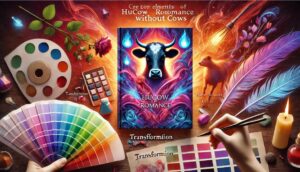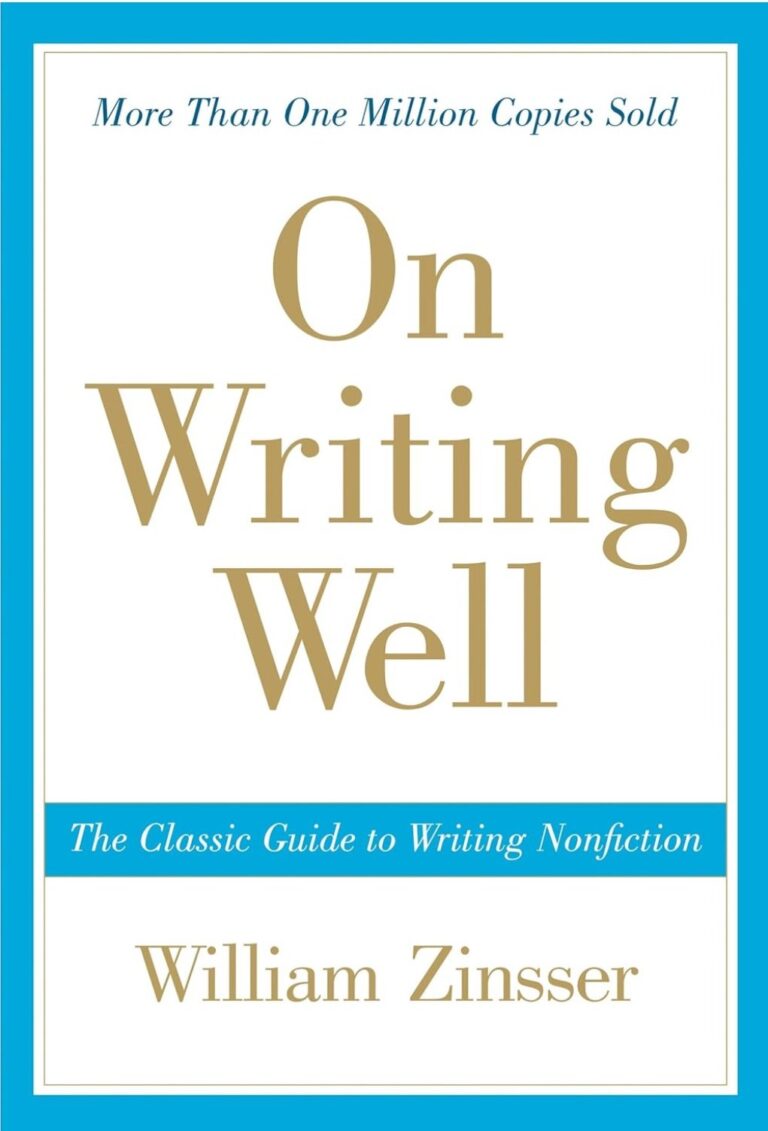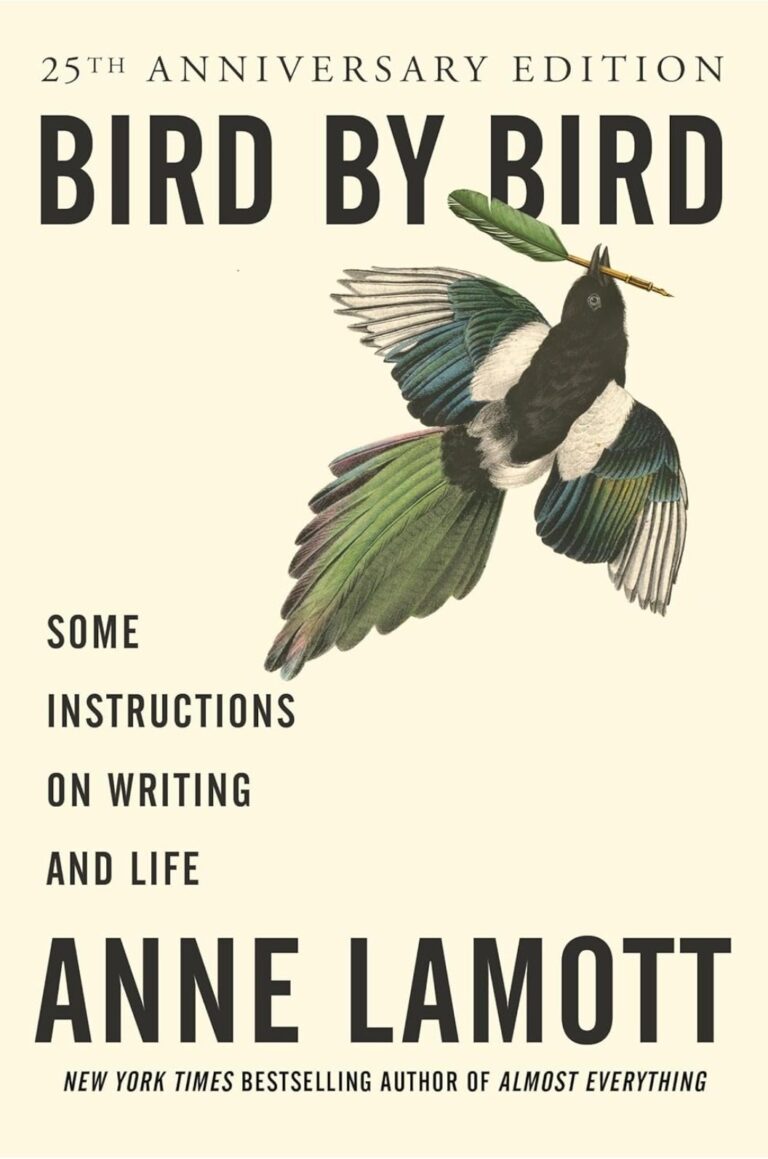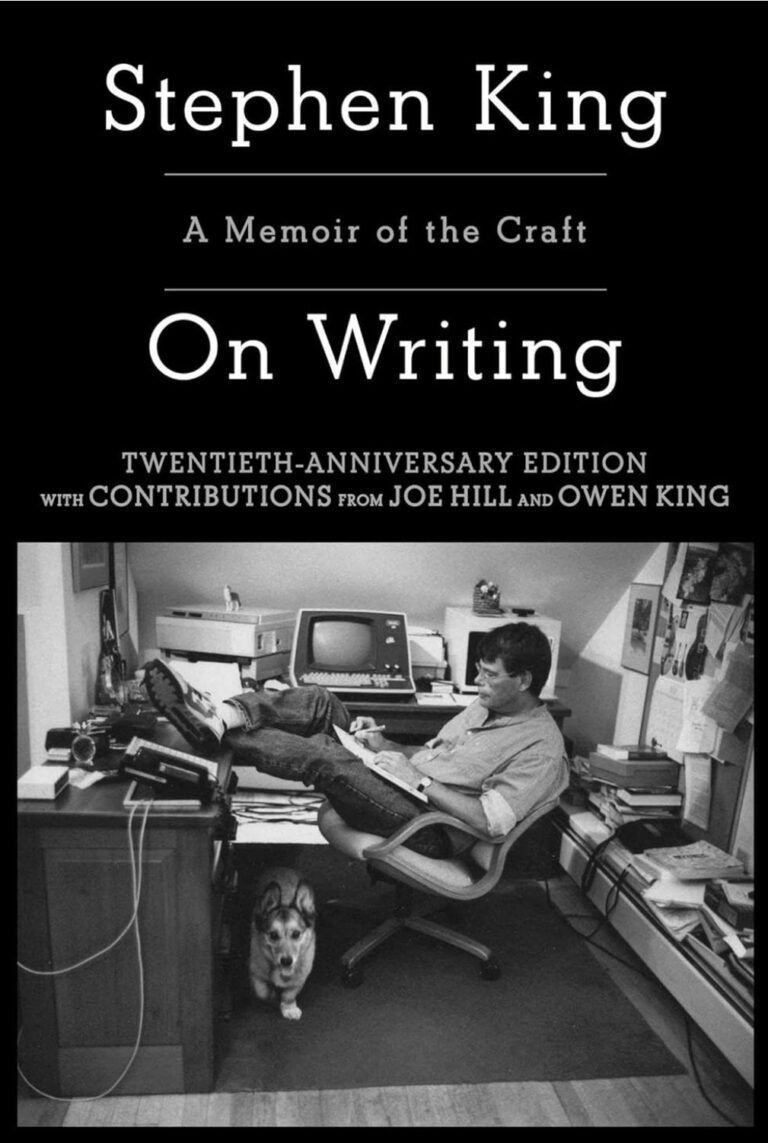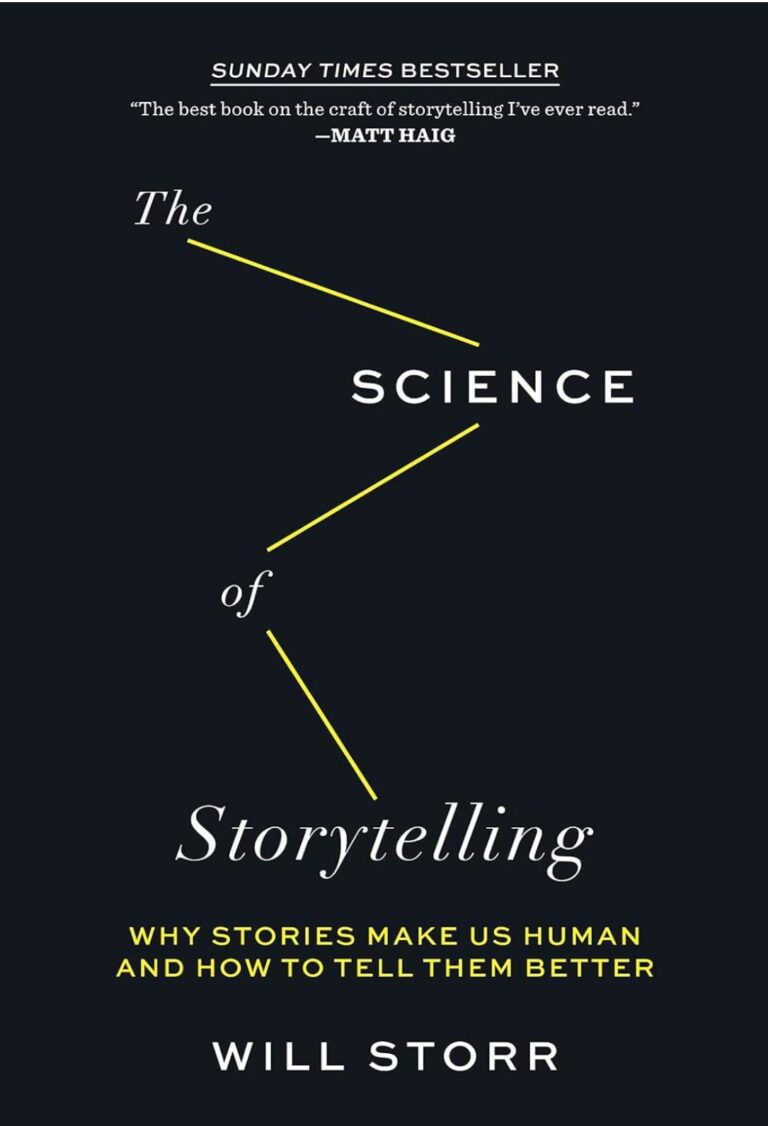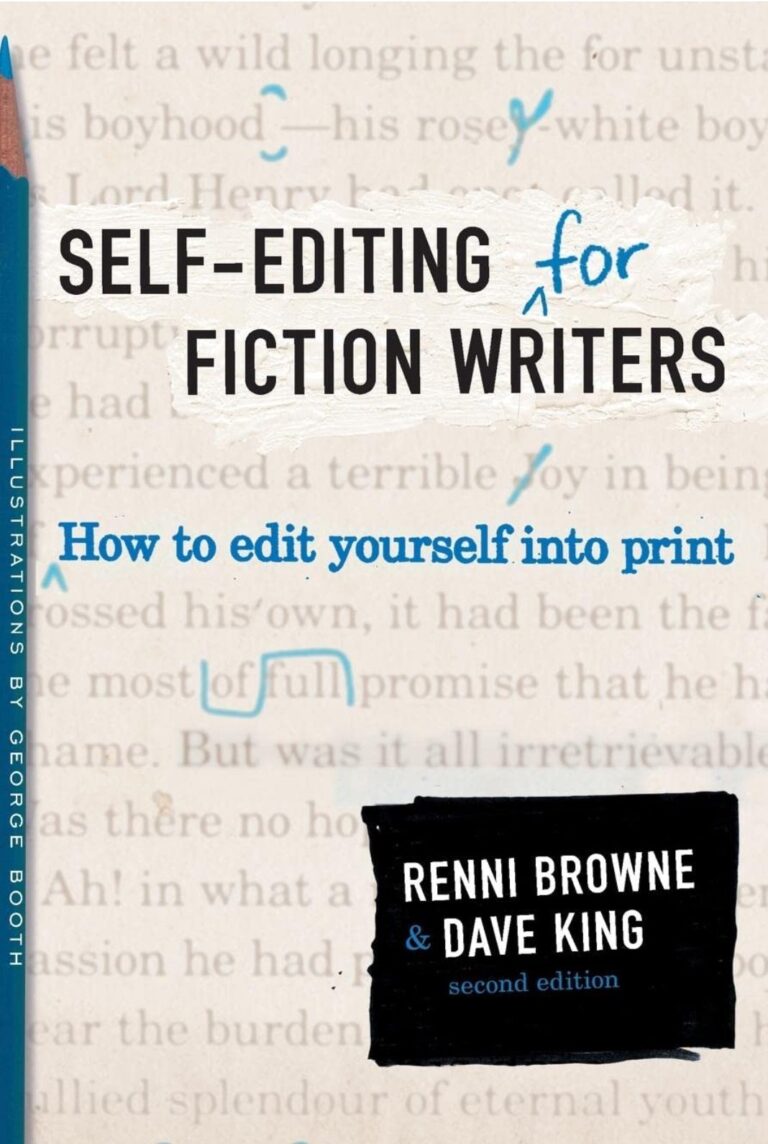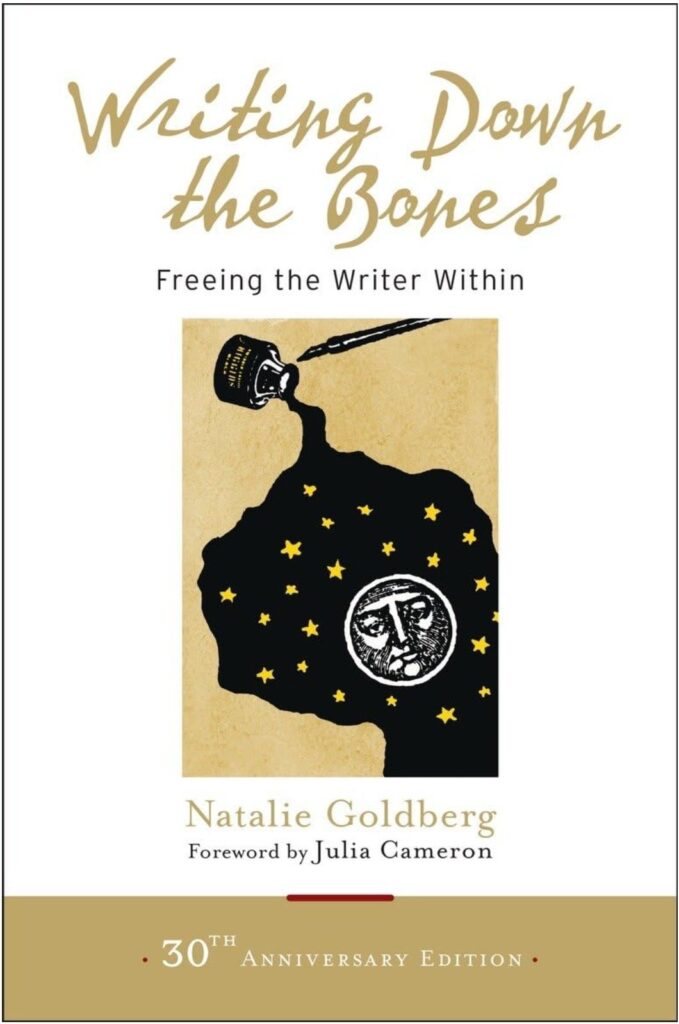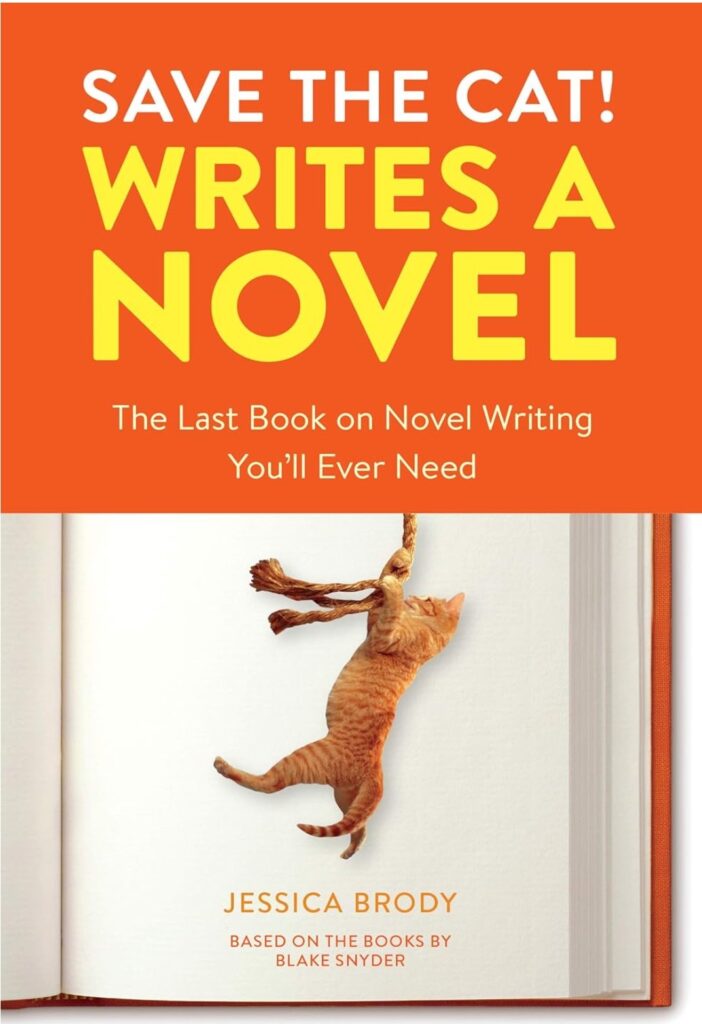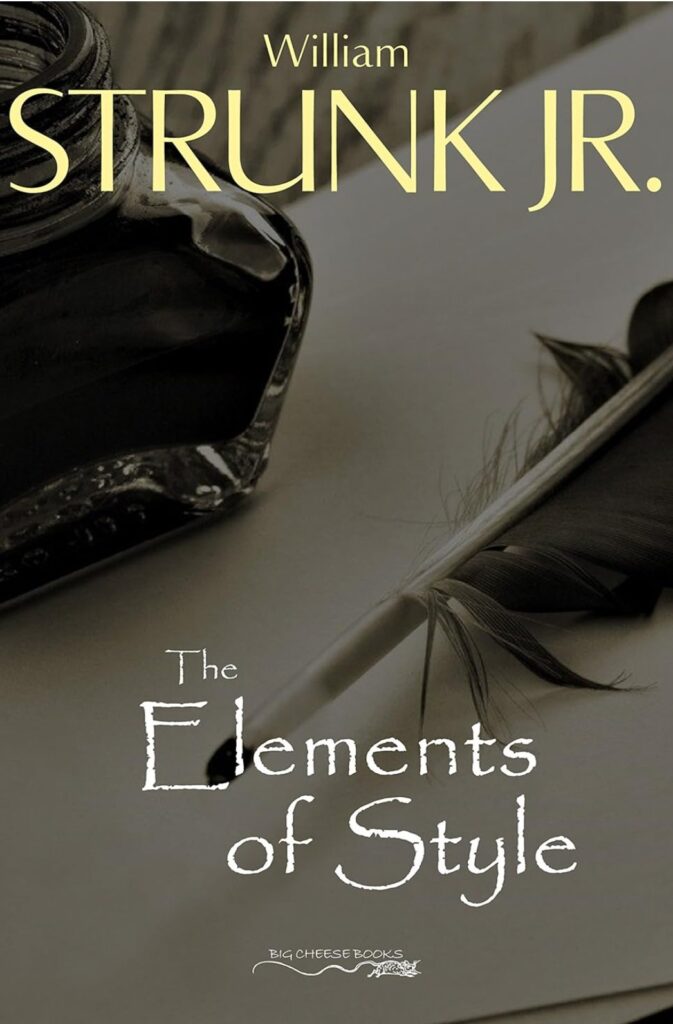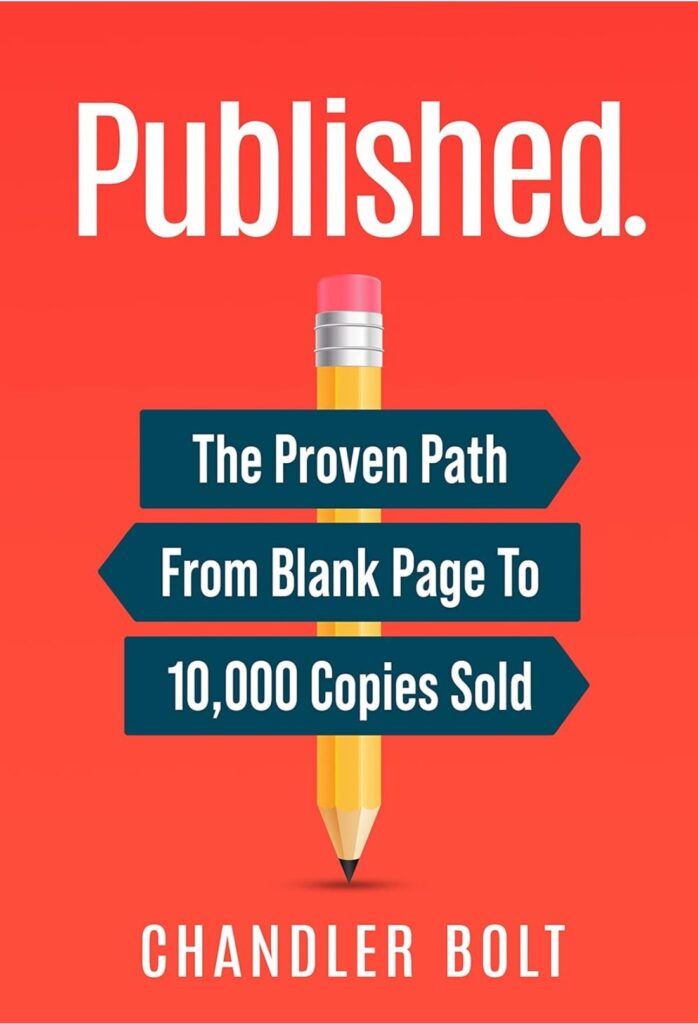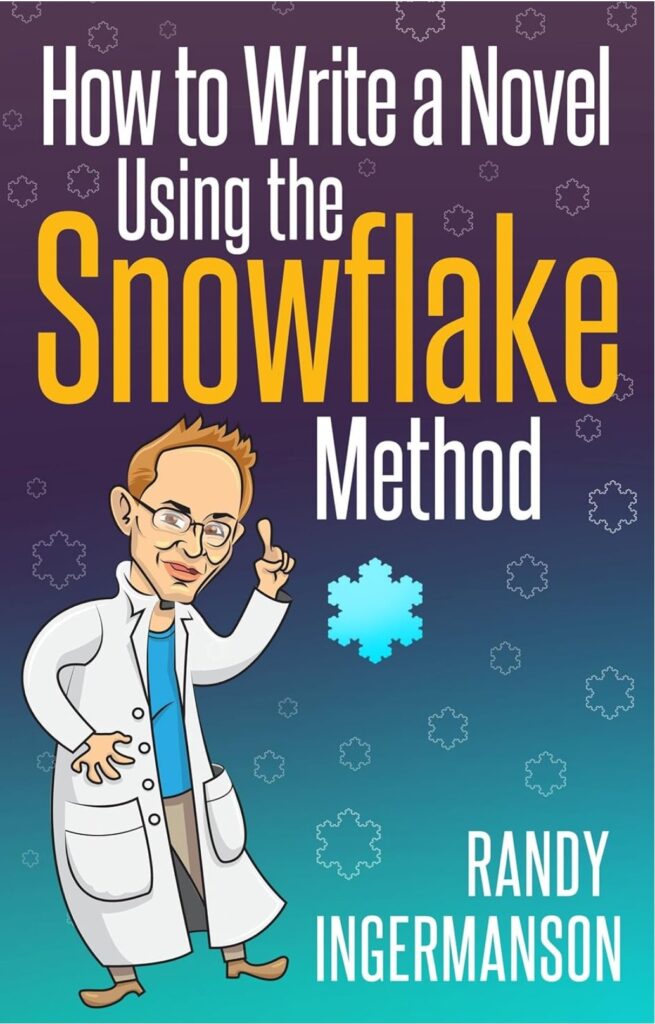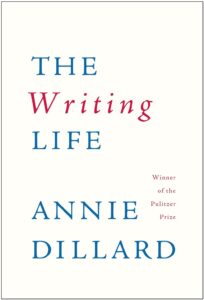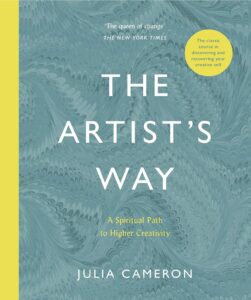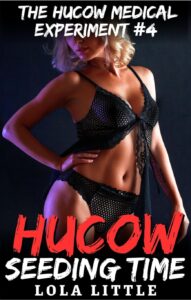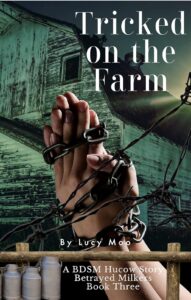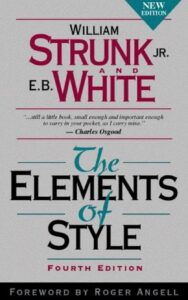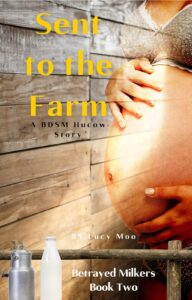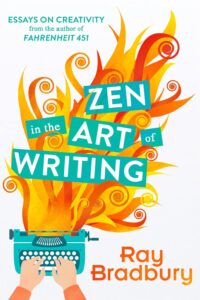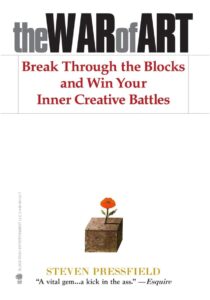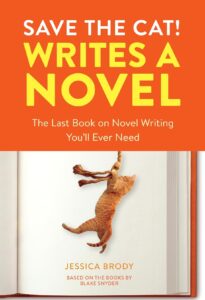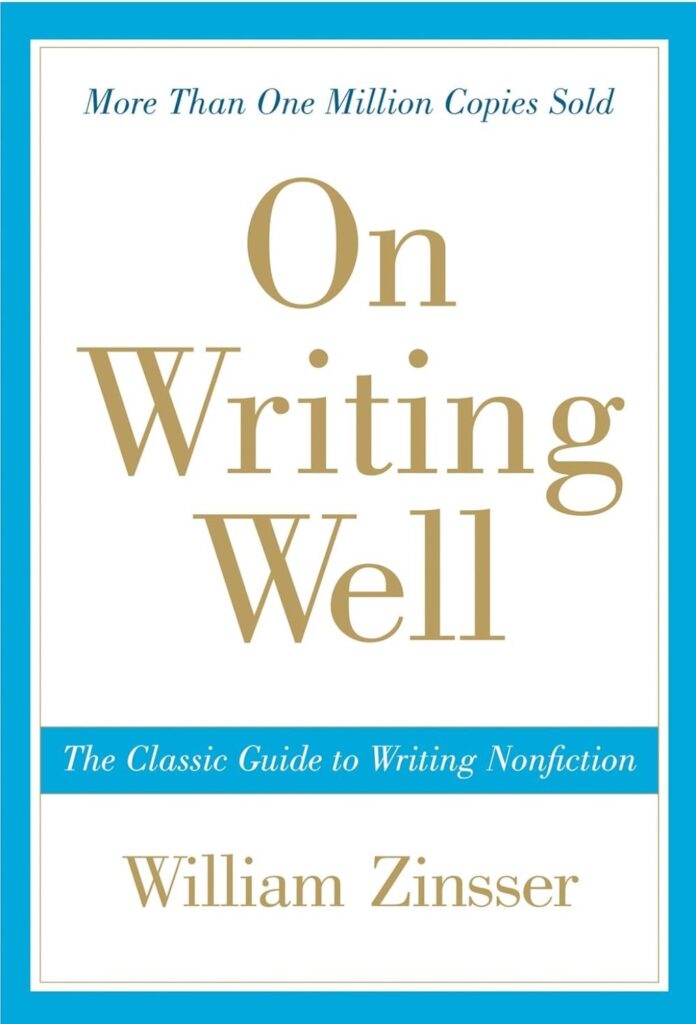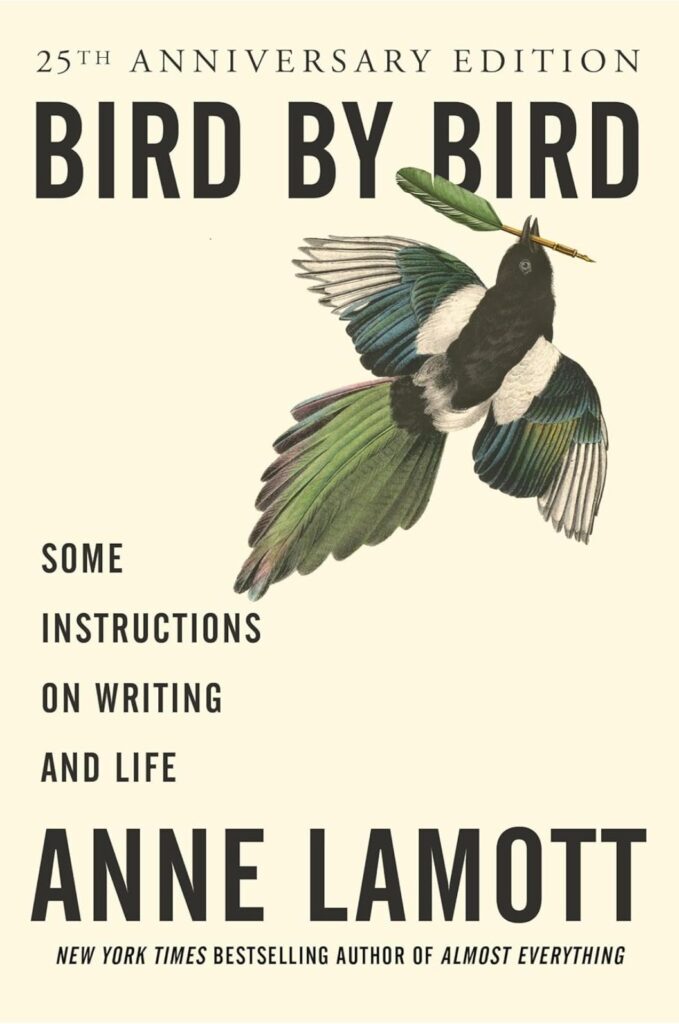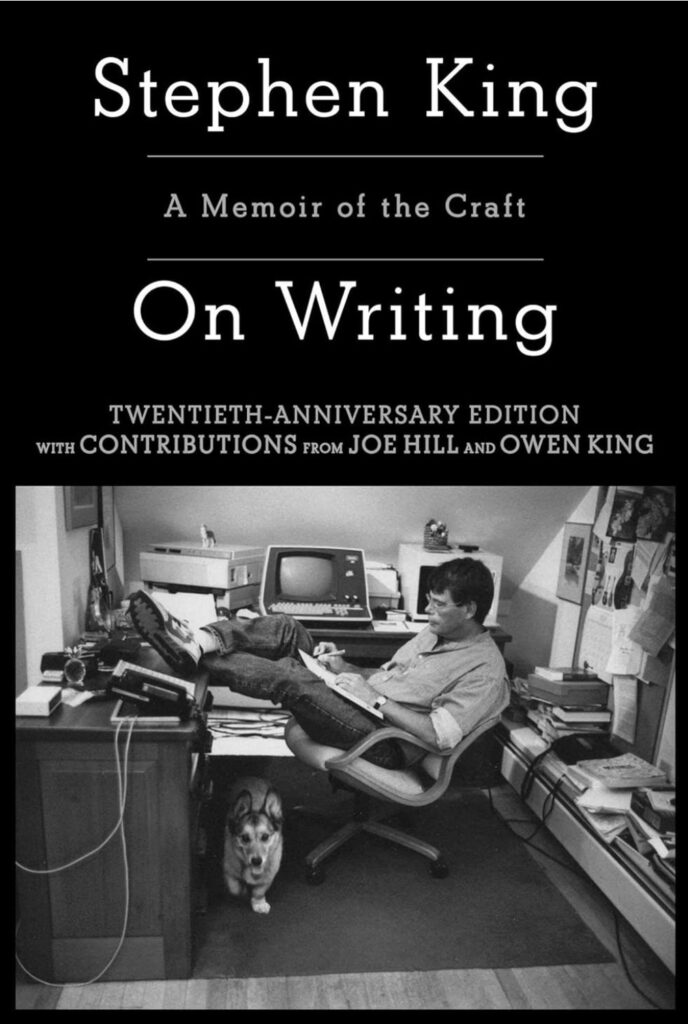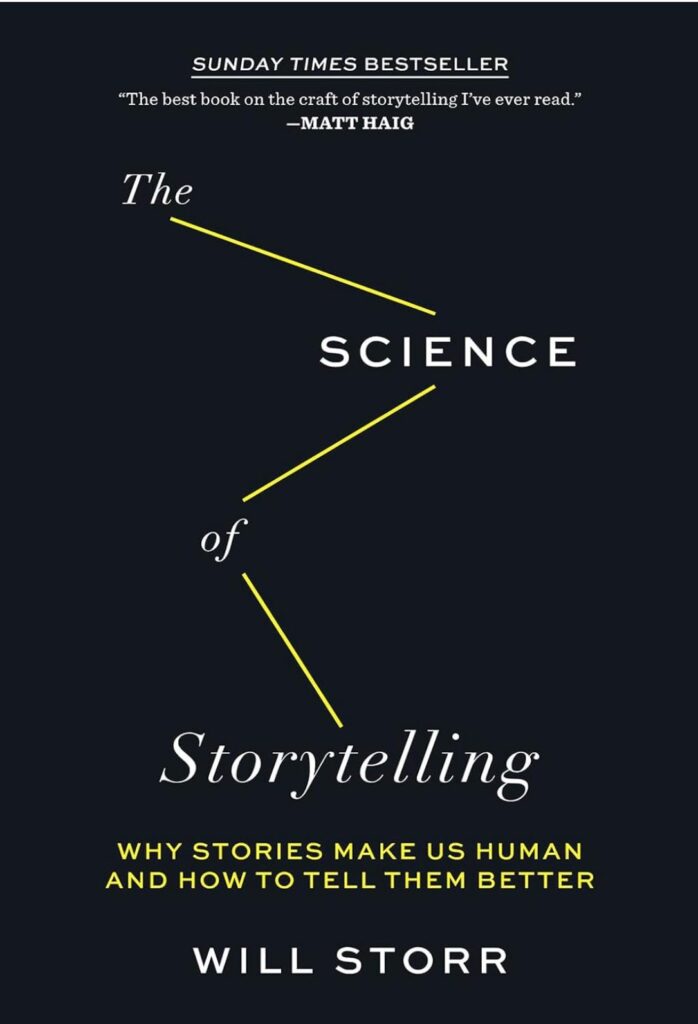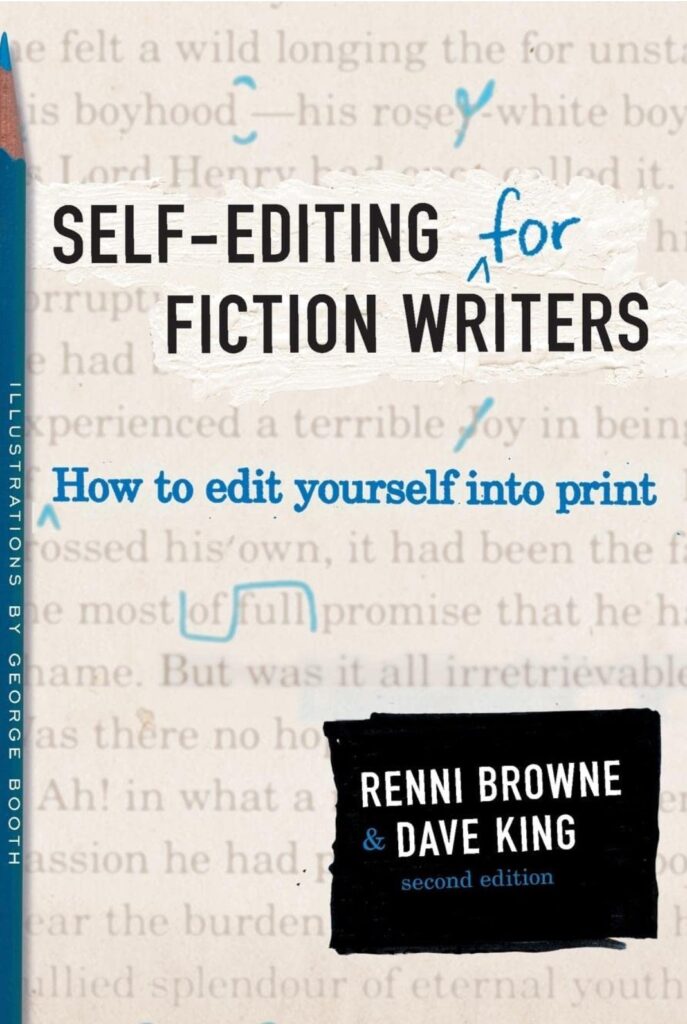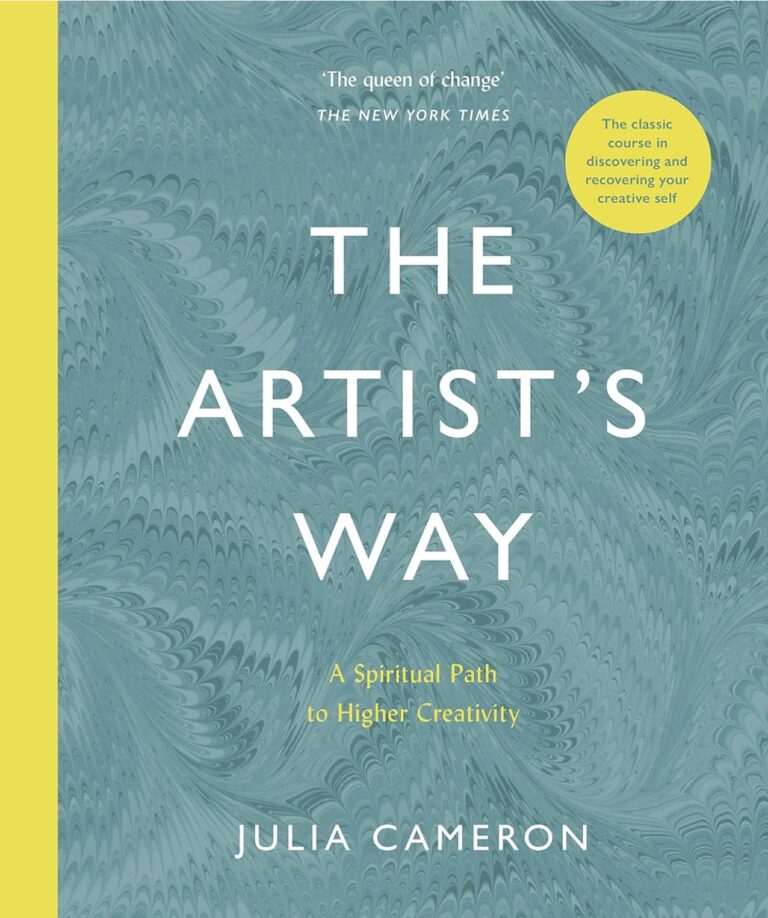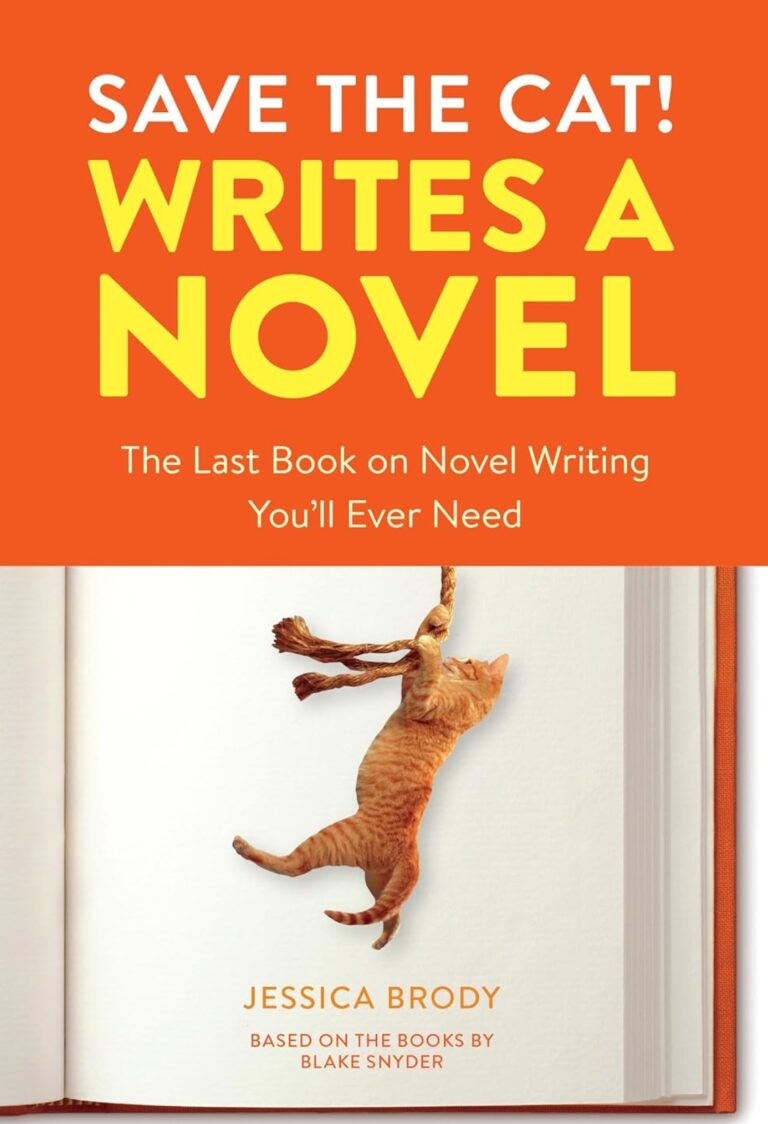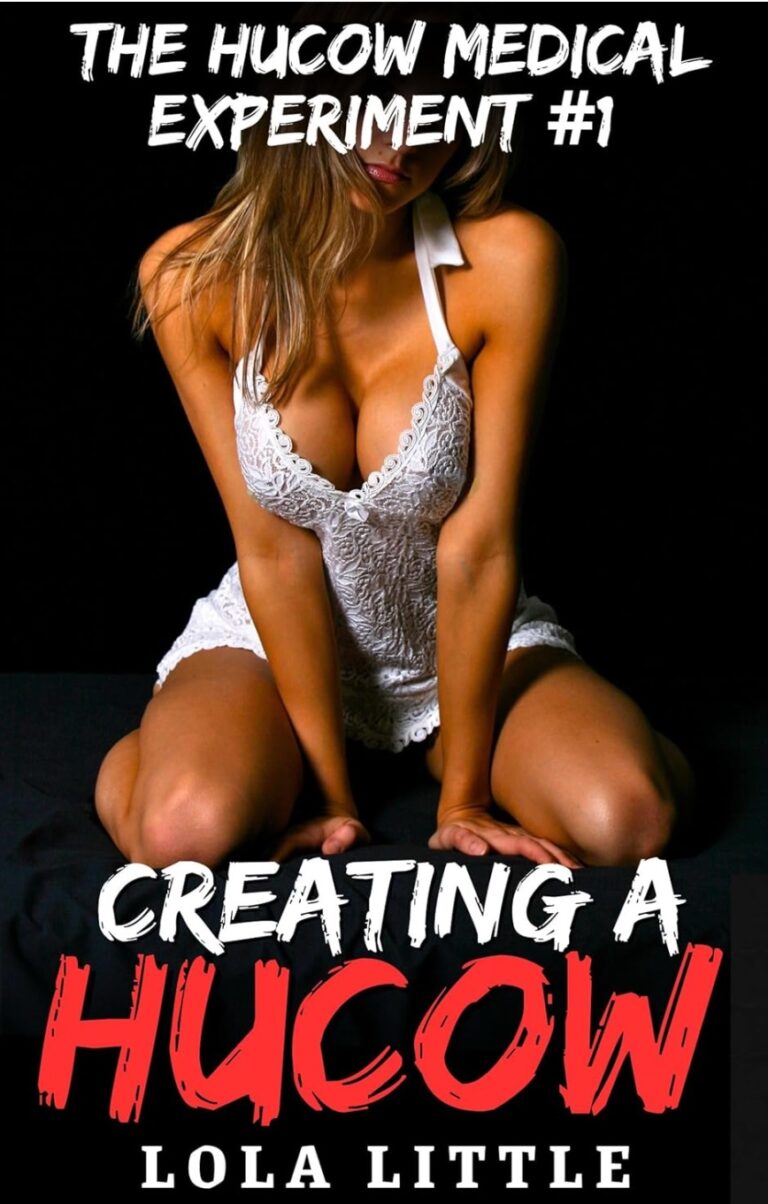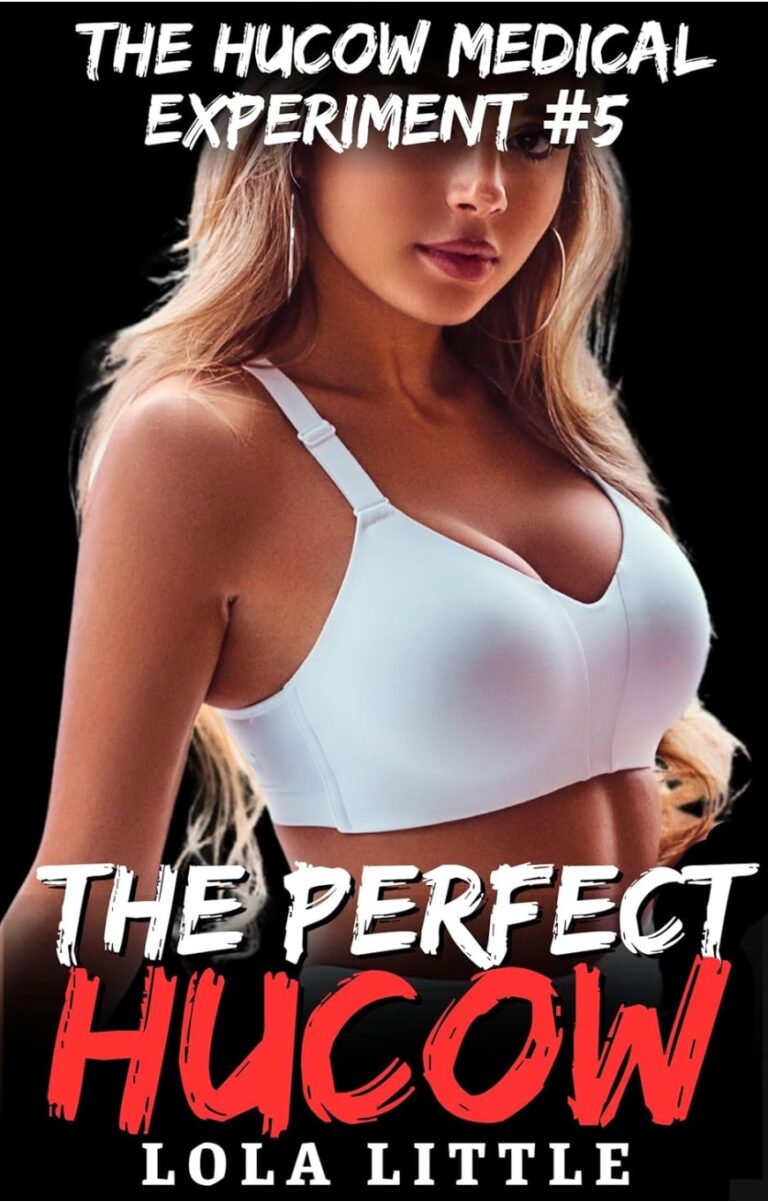Conflict is at the heart of any good story. And when writing Hucow stories, the tension between love, transformation, and the obstacles that stand in the way creates that emotional and steamy push and pull. As a Hucow author, I’ve found that when you layer in internal and external conflicts, it deepens the story and keeps readers hooked.
In this post, I’ll guide you through how to weave conflict into your Hucow stories. Whether it’s emotional growth, power struggles, or misunderstandings between characters, these challenges help your readers connect with the heroine’s journey.
Table of Contents
ToggleBuilding Emotional Barriers for the Heroine
In a Hucow story, the emotional journey of the heroine is often tied to her transformation. But it’s not always an easy path. Emotional barriers can create a rich landscape for growth.
Internal Struggles and Doubts
In a Hucow story, you can introduce internal conflict by showing your heroine’s resistance to change. Maybe she’s not fully on board with the transformation or is unsure about her place in this new life. This doubt adds tension, not just for the heroine but for the reader who’s invested in seeing her journey play out.
Past Trauma as a Source of Conflict
A backstory filled with emotional wounds can add layers to the heroine’s character. In one of my stories, I had a heroine who was abandoned early in life. This fear of being left behind made her transformation even more emotionally charged. Readers connected deeply with her struggle because it was grounded in something real.
External Forces That Challenge the Relationship
External conflict is just as important as internal struggles. These external forces can be physical challenges, rivalries, or environmental factors that complicate the love story.
Antagonists and Rival Love Interests
In a Hucow story, introducing an antagonist or a rival can create delicious tension. Maybe there’s another suitor who wants to claim the heroine, or a villain who threatens to expose her transformation. This kind of external conflict can push your characters closer together or pull them apart, forcing them to confront their feelings for one another.
Environmental Obstacles
In one of my stories, I used a natural disaster as a way to heighten the stakes. The characters were forced to work together, and through their cooperation, their bond deepened. You don’t always need a villain to create external conflict. Nature itself can become an antagonist that tests your characters’ resilience and partnership.
Internal Conflicts and Self-Doubt in Hucow Stories
Internal conflict often stems from a character’s emotional vulnerabilities. These insecurities add layers to your heroine, making her relatable and giving readers a reason to root for her.
The Heroine’s Resistance to Transformation
Transformation is a key theme in Hucow stories. But the process doesn’t have to be smooth. In one of my Hucow stories, the heroine struggled with accepting her new role. She felt out of place and unsure of her worth. This resistance made the moments of surrender and acceptance that much sweeter when they finally arrived.
Using Self-Doubt as a Motivator
Sometimes, self-doubt can drive the plot forward. If your heroine doubts her ability to fit into her new role or to be loved by the alpha male, it can lead to beautiful moments of vulnerability. It also gives the hero an opportunity to show his caring side, proving that love and protection come with reassurance.
External Threats and Rivalries
Every Hucow story benefits from a bit of external conflict. These challenges can come from outside forces that threaten the romantic bond between your characters.
Rival Love Interests to Create Tension
In Hucow stories, the presence of a rival love interest can heighten the stakes. Whether it’s another alpha vying for the heroine’s attention or a jealous suitor trying to sabotage the relationship, these external pressures make the romantic resolution all the more satisfying.
Using Society or Cultural Expectations
In a world where transformation and breeding are expected, perhaps society itself becomes the antagonist. In a story I wrote, the heroine faced intense pressure from her community to conform to their expectations. This external conflict added depth, as it wasn’t just about the relationship but about her place in the world as well.
Balancing Conflict with Erotic Elements
When writing Hucow stories, it’s essential to strike the right balance between erotic tension and emotional conflict. The two can—and should—work hand in hand to deepen the plot.
Weaving Erotic Tension into Conflict Resolution
One way to keep readers engaged is to use erotic tension as a way to resolve conflict. In a Hucow story, the intimate moments between the alpha and heroine can act as a balm to the emotional wounds. Erotic scenes should be more than just steamy interludes—they should serve the story, helping to resolve or complicate the emotional arcs.
Avoiding Overpowering the Plot with Erotica
It’s easy to let erotic content take over, but it’s important to ensure that it serves the plot rather than distracts from it. In one of my earlier works, I made the mistake of relying too heavily on the erotic elements, which diluted the emotional payoff. Now, I’m much more intentional about using these moments to complement the story.
Crafting a Resolution That Satisfies Readers
Every good Hucow story needs a satisfying resolution. This doesn’t just mean wrapping up the plot, but giving your readers an emotional payoff that leaves them satisfied.
Bringing Emotional Growth Full Circle
In a Hucow story, the emotional growth of the characters is just as important as the erotic content. Readers want to see that the heroine has grown from her experiences, whether that’s overcoming her insecurities, embracing her transformation, or finding her place in the world. Make sure your ending brings everything full circle.
Rewarding the Heroine’s Journey
In a story I wrote, the heroine went through tremendous growth, from being reluctant about her role to fully embracing it. The ending wasn’t just about her romantic relationship but about her finding confidence and purpose in her new life. When readers see the heroine’s journey rewarded, they feel more invested in the conclusion.
Conclusion
Crafting conflict in your Hucow stories is essential to keeping your readers hooked and emotionally invested. Whether you’re weaving in internal struggles like self-doubt or introducing external challenges such as rivalries or societal pressures, the conflict you create will deepen your characters and strengthen the overall narrative.
Remember, conflict should push your characters toward growth, while still allowing space for the erotic tension that keeps your readers turning the pages.
In every Hucow story, you have the chance to explore transformation, power dynamics, and emotional connection. When you strike the right balance between these elements, you’ll not only captivate your readers but also give them a story that resonates long after they’ve finished the last page.
So, don’t shy away from obstacles—embrace them as tools to enhance both the emotional and erotic arcs of your Hucow world. Your readers will thank you for it!
References
Below references will assist you in further research on this topic:
- Hucow Fantasies – A resource for Hucow fiction and writing tips.
- Romance Author Resources – Writing resources for romance authors.
- Breeding Fiction Explored – A look into breeding tropes in erotic fiction.
- Exploring Power Dynamics – Writing dominance and submission in romance.
- Milking Stories Collection – A collection of milking-themed stories for inspiration.
- Writing Steamy Fiction – Tips for writing steamy, compelling scenes.
- Transformation Themes in Romance – Exploring physical and emotional transformation in fiction.
- Erotic Writing Tips – Advice for writing compelling erotic fiction.










